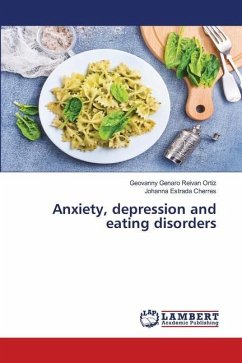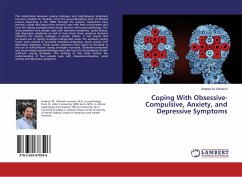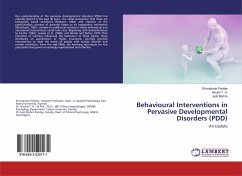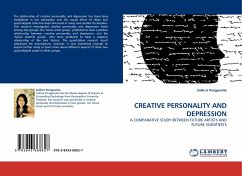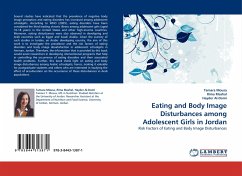Anxiety and depression are known to have a wide range of consequences for the adolescent and can serve as precursors for the development of eating disorders. One third of young people with obesity who seek treatment already have eating disorders and it is estimated that 80% of these young people will present anxiety throughout their lives. The comorbidity between depression and eating disorders is therefore well established. In addition, it has been shown that the presence of elevated symptoms of depression in obesity predicts the appearance of other eating disorders, including bulimia disorder or the symptom of binge eating. The presence of these factors interferes in the treatment of childhood and adolescent obesity and their identification can help improve adherence to healthy lifestyle habits and, with it, the prevention of complications associated with obesity. The treatment of child and adolescent obesity is a medical and social priority due to the physical and psychological repercussions it entails, and the care burden it entails for health services.
Bitte wählen Sie Ihr Anliegen aus.
Rechnungen
Retourenschein anfordern
Bestellstatus
Storno

